Manchester-based artist and producer Amy Lawrence will facilitate a group discussion about gendered bodies, power and Women-led journeys in ‘wild’ urban spaces at night; our understanding of these kinds of spaces in relation to identity; knowledge about nature and cultural references to marginalized bodies. The event will involve a sharing of new commission WILD LANDS: a performance that uses a video-journey led by the audience through woodland at night via interactive technology and choreographic video performance by artists and organisers Rowland Hill and Juliet Davis. Amy has created WILD LANDS with collaborative interactive design by artist Joe Whitmore.
WILD LANDS is a woman-led journey through dark woody spaces in a vast blackened park using text and movement to make abstract sense of the environment and ‘womanhood’ in explorations of a pocket of Manchester's urban ‘wild-space’ at night. The work is informed by research using The Portico Library’s collection, night-time woodland walks, conversations and the tradition of place writing* as a response to the ‘Second Nature-What is nature anyway?’ exhibition.
For this event there will be an open space for conversation based around the themes of WILD LANDS. Amy would particularly like to invite people who identify as Women, as Non-Binary and as people with experience of being socialised as Women in public spaces to this event to inform the conversation in a way in which they feel comfortable.
Event schedule (subject to change):
A welcome to The Portico Library and WILD LANDS event.
Introduction to WILD LANDS and key themes by Amy Lawrence with support from Rowland Hill and Juliet Davis.
Individual reflection and informal group discussions facilitated by the artists considering our bodies in ‘wild-space’ at night within city spaces: An opportunity to share experiences and use mapping and memory to interrogate space.
WILD LANDS interactive-video shared, followed by an opportunity to ask questions.
This is a Pay-As-You-Decide event. RSVP through the link below.
MORE INFORMATION:
CONTENT WARNINGS
During the event there will be discussion of experiences of being outside at night. Open discussions will be supported by facilitators on the night. You will be invited to participate in the discussion in ways in which you feel comfortable and can leave the space at any time.
The video work WILD LANDS contains a moment of partial nudity, this is not explicit.
For any questions please contact: gallery@theportico.org.uk.
ACCESSIBILITY INFORMATION
The main entrance to the library is via the green doors on Charlotte Street at the corner with Mosley Street. Please press the intercom button for the door to be opened.
There are 32 steps from the main entrance to the library and no lift. There is a handrail and a chair is placed on each landing. Toilets are available for visitors, located on the landings.
There is a stair-lift at the Library’s back entrance on Back George Street, accessed by a portable ramp.
Pay and display parking spaces are available nearby. These are not dedicated or bookable disabled parking bays, but Blue Badge holders may park here free of charge.
The Portico Library delivers audio-described and British Sign Language tours of every exhibition. Visit www.theportico.org.uk/events to find out when the next tours will be.
An audio-described guided tour of the library is available to listen to online (see below) and is also available from the reception desk.
There is lots more to do to make our building accessible. With support from the National Lottery Heritage Fund we commissioned an Access Audit are currently working towards implementing its recommendations. If you would like to support making The Portico Library accessible to all, we would love to hear from you.
If you would like more information, please speak to any member of staff on 0161 236 6785 (not textphone) or at admin.assistant@theportico.org.uk.
* Place Writing is described by the Manchester Centre for Place Writing as a term they ‘use to frame writing about a variety of kinds of place: from the multifarious forms of landscapes conventionally described as ‘natural’ to those of the contemporary city, and the ‘edgeland’ places in between.’ This feels like an appropriate description for the purpose of WILD LANDS.
